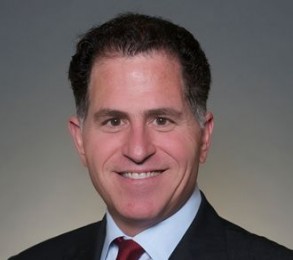 Exclusive Group is completing a major investment transaction with funds advised by the private investment firm, Permira.
Exclusive Group is completing a major investment transaction with funds advised by the private investment firm, Permira.
The amount of cash involved is not being talked about but it is clear that it is not being used for aquistions.
The company said its aim is not to dilute its distinctive, value-oriented approach by consolidating with other major VAD players, but to create the world’s largest global specialist VAD in cyber and cloud transformation, with a target to reach $10bn annual revenue in the years ahead.
Olivier Breittmayer, CEO at Exclusive Group, said: “Cybersecurity and cloud are the leading business priorities in this age of digital transformation, both as separate disciplines but – even more so – joined together as a co-dependent whole. Both sectors are becoming increasingly complex, and both suffer from a huge lack of skills & knowledge. The Industry needs a VAD that can fill this gap and we aim to do that. We believe we have the right and relevant focus; vendors, services and skill set to build a compelling offer for channel partners and vendors to realise significant profitable growth.”
By following a specialist focus in cyber and cloud, Exclusive Group claims to be addressing the widening global shortage in skills and knowledge among channel partners and end-user organisations to enable the desired pace and success of digital transformation.
“We have some of the best people in the world and by far the highest ratio of engineers of any distributor in our class”, added Breittmayer. “We also have the greatest track record of ensuring local, regional and global market success for disruptive technologies. Our strategy will see us continue to build out the strongest possible vendor portfolio in our ‘cyber super centres’ and ‘cloud competency centres’ – across all relevant segments – and expand our service offerings and global footprint to meet the demands of any project.”
Michail Zekkos, Partner in the technology team at Permira said: “Exclusive Group’s unrivalled focus and commitment to cyber and cloud is very exciting and we are delighted to partner with the company. We believe that enterprise cloud and cybersecurity will continue to rapidly converge, creating a tremendous market opportunity for the company to enable that transition while positioning its channel partners at its forefront.”



















